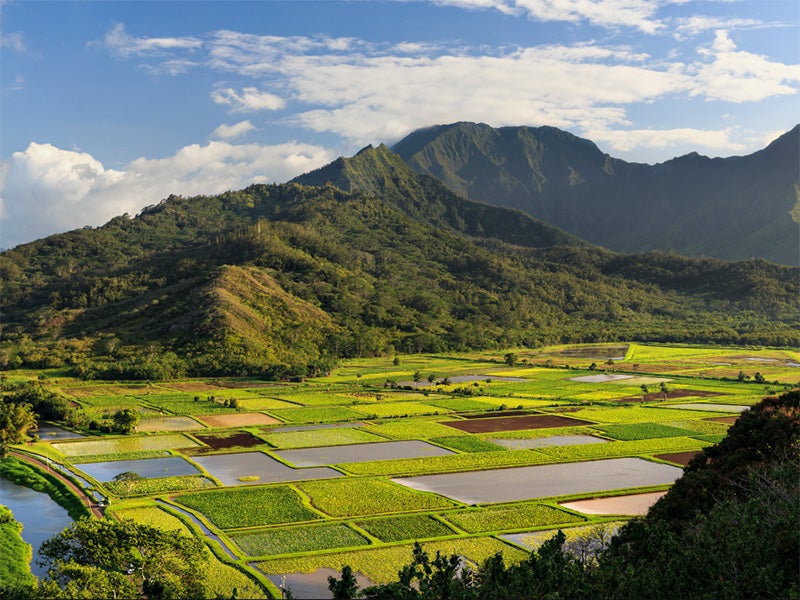Another Victory For Public Rights In Water Resources
The Hawaiʻi Supreme Court recently issued another landmark decision on water resources and the public trust. The case, Kauai Springs v. Kauai Planning Commission, involved a company bottling and selling spring water on the island of Kauaʻi.

This page was published 11 years ago. Find the latest on Earthjustice’s work.
The Hawaiʻi Supreme Court recently issued another landmark decision on water resources and the public trust. The case, Kauai Springs v. Kauai Planning Commission, involved a company bottling and selling spring water on the island of Kauaʻi.
The court’s opinion strongly reinforced principles that water is a public trust, and that private companies profiting off these resources bear the burden of justifying their diversions and showing the resources will not be unduly compromised.
Earthjustice filed an amicus (friend of court) brief in the appeal on behalf of community groups Mālama Kauaʻi and Hawaiʻi’s Thousand Friends. The Office of Hawaiian Affairs also filed a brief authored by the late Professor Jon Van Dyke.
“In Native Hawaiian culture, water use is about kuleana (responsibility), and this decision reaffirms this most important principle,” said Keone Kealoha, Director of Mālama Kauaʻi. “Our public water resources are a living legacy, not a commodity to be mined and sold.”
The court’s decision is its latest statement on the public trust doctrine, the legal principle that the government holds water resources in trust for certain presumptively favored “trust purposes” including resource protection. This case builds on the court’s historic precedent in 2000 in the Waiāhole case, where Native Hawaiian and rural communities represented by Earthjustice successfully compelled the restoration of stream flows diverted by former plantation companies.
Some highlights from the court’s latest ruling include:
- Contrary to the company’s claims of “grandfathered” diversions, “no person or entity has automatic vested rights to water.”
- Private commercial users of water bear the burden of affirmatively justifying their uses. “[A] lack of information from the applicant is exactly the reason an agency is empowered to deny a proposed use of a public trust resource.”
- This burden includes showing the use is reasonable and beneficial and consistent with trust purposes, has no practicable alternative water source, and implements mitigation of the cumulative impact of diversions.
- Government agencies have “duties under the public trust independent of the permit requirements,” including a duty to hold private commercial users to their burden under the public trust.
“In the face of increasing scarcity and commodification of water resources worldwide, these public trust principles are needed more than ever,” said Donna Wong, Executive Director of Hawaiʻi’s Thousand Friends. “Too often, real questions about our water future get brushed off, but the law holds government agencies and diverters to a higher standard.”
Earthjustice has helped develop the public trust doctrine in Hawaiʻi into a leading-edge precedent for the nation, beginning in the Waiāhole case and continuing in many other water resources cases. We were happy to partner with our community group clients and the Office of Hawaiian Affairs to provide our perspectives in this Kauai Springs case, which the court seemed to take to heart.
(This case began in 2006 when the Planning Commission of Kauaʻi County cited the bottling company for unlawfully operating without required land use permits. Left with unresolved questions whether the diversion and sale of water was permissible, the commission denied the request for after-the-fact permits. On appeal, the lower court reversed and ordered the permits issued. The intermediate appeals court rescinded the permits, but sent the case back for more hearings. Finally, the supreme court ruled that the commission was justified in denying the permits without better information.)
Established in 1988, Earthjustice's Mid-Pacific Office, located in Honolulu, Hawaiʻi, works on a broad range of environmental and community health issues, including to ensure water is a public trust and to achieve a cleaner energy future.